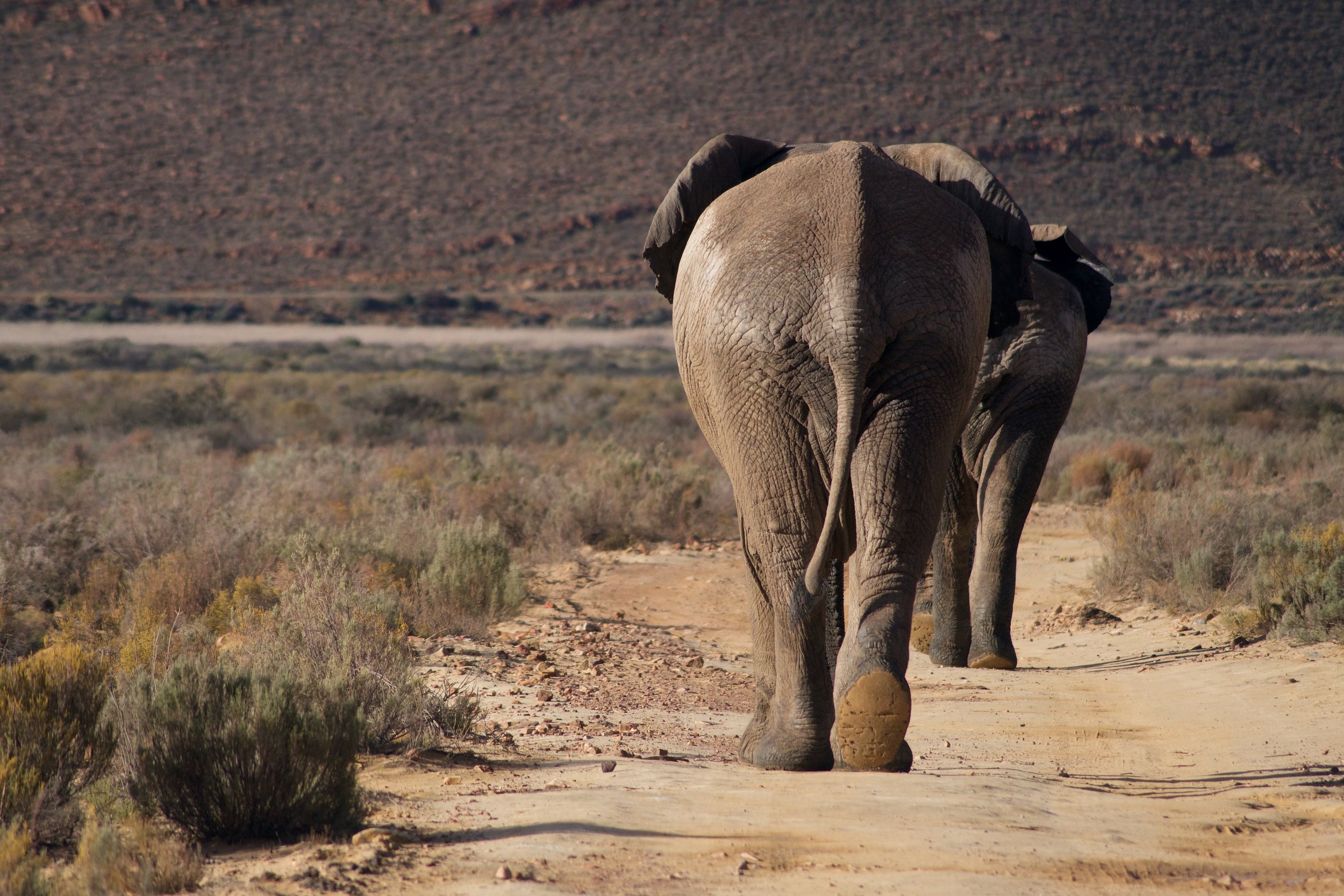LEARNING FROM LAST YEAR'S RESOLUTIONS & GOALS
A new year is ahead of us. In this context it's, once again, time to reflect on what we have reached last year. What did we achieve? What did we experience? Could we reach all our goals we had set ourselves? Did we maybe neglect some goals, concentrating on other things?
Analysing the reasons why we didn't persue or achieve some of our targets of the past year can help when setting goals for the upcoming year. Why? Once we know hindering, stressful factors which inhibited our achievements, we can take concrete measures of what to improve for the next year. Reflecting our own behaviour also helps identifying helpful, supportive factors and resources which fostered achieving our goals.
Which resources do we have? What helped us reaching our goals?
More often than not, we spend our time thinking about what we didn't achieve, what we did badly, what negative experiences we had. Here, we firstly want to focus on what we achieved last year. Even if we had a really bad year or season and a lot of things didn't go the way we wanted, I'm 100% sure that everyone of us still had positive experiences, some things that actually went well or something they could improved or learn.
So, what did you accomplish last year? How did you feel when achieving these goals? What happened? Which critical factors helped you pursuing these goals, and finally also reaching them? What did you contribute to reaching them?
It is essential to be(come) aware of our personal influence and contribution for reaching our goals. The pessimists among us (or those with low self confidence) tend to attribute success as external ("other people had a big impact for us to reach the goal"), specific ("a unique experience") and unstable (experience is temporary and variable; achievement due to "luck"). However, this approach leads us to not expecting any success in the future – and if we were successful nonetheless, we would believe it to be influenced by external factors which in turn leads to passiveness in our actions. To get away from such counterproductive thinking, it is important to think about internal, stabile factors such as our resources, strengths and how they can be used for reaching our goals.
Why could we not reach some of our goals?
We have to be aware that not everything is in our control – such as bad weather in an expedition, a delay in a competition, an injury, how the routes/ boulders are set and many other things. For this reason, we deliberately have to focus on all influenceable and controllable factors. Once we focus on these factors, we should ask ourselves why we couldn't reach some of our goals or resolutions. Were they too ambitious, too hard to reach? Did we want too much at once? Did we forget to focus on the little steps in between? Were our goals realistic? Were we a 100% behind our goals? Did we lack a good time management? Why did we even want to reach them? Did we want them ourselves or were they expected of us by others? (I can recommend you to read the blog article: "10 steps to plan the next season & beyond.", by the way)
Based on these answers we can start planning our new year: What can we do differently in 2018? Which hindering factors can we avoid and how? Which positive, enhancing factors can we concentrate on? What will help us reaching our new goals? And finally, which first step can we take now in order to get one step closer on reaching our goal(s)?
We shouldn't forget the following: Whenever we set goals we often only think of the big picture (which is certainly important for the long-term motivation). However, we often forget about the little, individual steps – the ones that lead us to the peak.
All the best for 2018! 🍀

